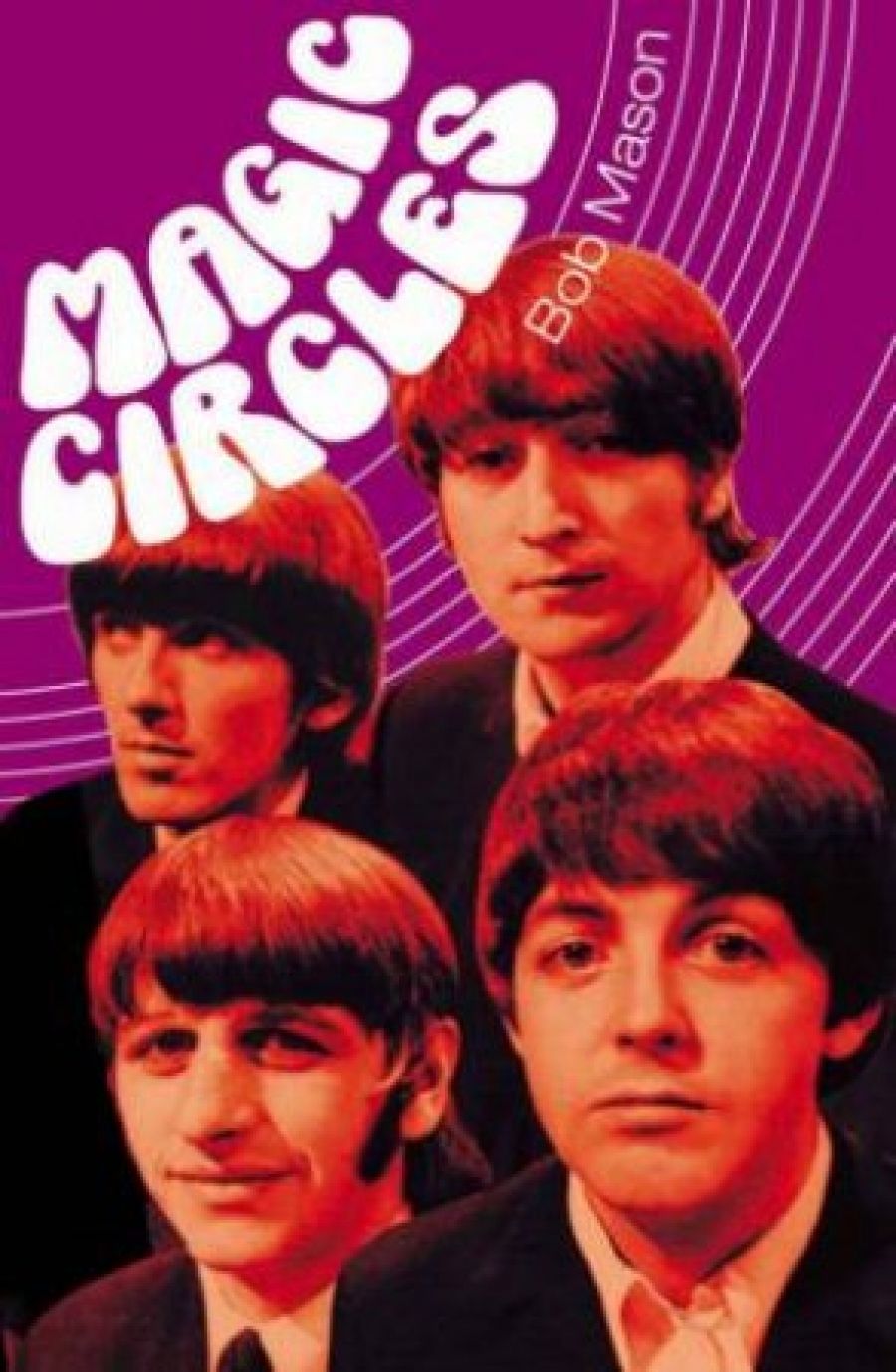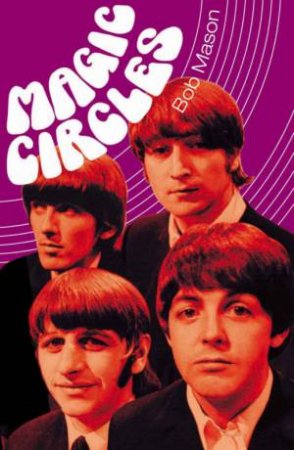
- Free Article: No
- Contents Category: Music
- Custom Article Title: Spawning and Weaving
- Review Article: Yes
- Article Title: Spawning and Weaving
- Online Only: No
- Custom Highlight Text:
A 'ground-breaking’ analysis of the Beatles through their lyrics? One is put irresistibly in mind of the cover of Abbey Road: barefoot Paul McCartney out of step with his fellows, apparently confirming the sad circumstance at which John Lennon had hinted in the last line of ‘Strawberry Fields Forever’: ‘I buried Paul.’ Except, of course, that what Lennon really slurred was: ‘I’m very bored.’ And that McCartney, far from dead, was alive, well, rich and ripe with sappy tunes sufficient to see him through another couple of decades. Scholars in the field of popular music have an unfortunate way of seeming pointlessly po-faced, rapt in the intertextual resonances of ‘A-Wop-Bop-A-Loo-Bop-A-Wop-Bam-Boom’. Not everyone can be Greil Marcus – sometimes not even Greil Marcus.
- Book 1 Title: Magic Circles
- Book 1 Biblio: Duffy & Snellgrove, $30pb, 307pp
- Book 1 Cover Small (400 x 600):

- Book 1 Cover (800 x 1200):

This isn’t because of the subject, for Mason is on fertile cultural ground, and occasionally imparts surprising fact: that the Beatles introduced the American ‘yeah’ to British pop, for example, and that their first six hits contained ‘I’, ‘You’ or ‘Me’ in the titles, achieving a connection through their direct address. It is because even when he has something half interesting to say about one song’s reference to another, Mason displays an ear for English of the purest tin.
Sometimes this is straightforward prolixity. There may well be a tension between Lennon’s rendering of the Bradford/Gordy rocker ‘Money’ and McCartney’s subsequent ‘Can’t Buy Me Love’, for example, but that cannot excuse a sentence such as: ‘McCartney must have felt it portrayed too rapaciously pecuniary a perspective … because his very next composition … stood at the opposite end of the spectrum to Lennon’s harsh money-grabbing recording.’ More often, words are simply worn out by repetition, even though they were never really apposite to begin with. An example is ‘spawning’. The song ‘She’s a Woman’ not only ‘spawned many songs that substituted “she” for something else’ but ‘spawned a new pique of tension and jealousy between Lennon and McCartney’ (spawning pique?) and ‘spawned a vast number of songs that wove drug insinuations between the lines’ (spawning and weaving?). Some of the stranger sentences in Magic Circles read as though still under construction: ‘this was an insatiable need, with him always driven to react in a perpetual game of upmanship’; ‘a remarkably ennui-filled closing line that resonated his putdown of his fans’; ‘Dylan’s advice was “Don’t follow leaders, watch your parking meters”, almost thematic of Harrison, including even his stingy financial management.’
On other occasions, Magic Circles sounds simply self-parodic. Consider this exegesis of Lennon’s ‘It’s Only Love’: ‘Its first line, “I get high” is startling – did he really say that? – but Lennon retreated swiftly with “when I see you go by”. This lessens the tension somewhat, returning to a conventional love theme. He then raises the tension again with his editorial comment, “My-oh-my!” Indeed.’ Indeed. Or savour this explication of a line from ‘Baby You Can Drive My Car’: ‘This seems to imply “I am happy to have sex with you, but not just yet”, while simultaneously saying that she would employ him once she became rich enough to buy a car.’ Astute readers will already have intuited that ‘It’s Only Love’ is ‘arguably the Beatles’ first attempt at post-modernism’; ‘Baby You Can Drive My Car’ may presumably be classified as pioneering autoeroticism, too.
‘Eleanor Rigby’, naturally, gets the full treatment: ‘There is a sense of commodity in the idea of a face in a jar like a cookie. In this way, her public face was a kind of visible facelessness that masked an invisible yet even more profound faceless private self.’ Come again? Mind you, this reads like gospel compared to the airy assertion that ‘Eleanor Rigby’ is a homage to Emily Dickinson, disposed of in a perfunctory paragraph as though it is the most self-evident truth.
Does pop music lend itself to such analysis? Perhaps, but there are caveats. Pop lyrics cannot simply be treated as the solutions to a giant cultural cryptic crossword to whose clues one can work backwards. They are grafted to tunes from which they cannot be separated without loss to themselves, being designed to be heard not read, and assembled as much for sound as for sense. You can hum a song hook for years without really hearing it. For years, in fact, I’ve been listening to ‘Strawberry Fields Forever’ and hearing Lennon complain: ‘I’m very bored.’ But I didn’t completely grasp the sentiment before slogging my way through Magic Circles.


Comments powered by CComment